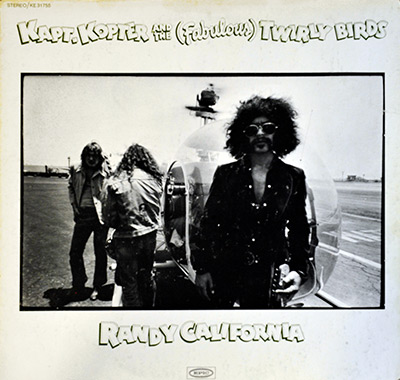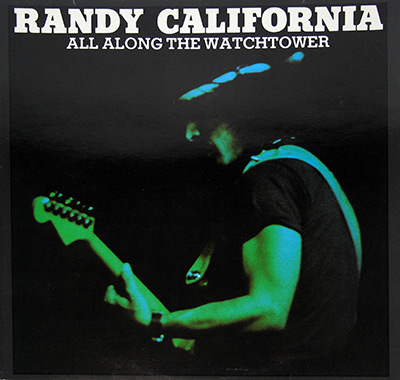In 1967, a young Randy California, fresh off his New York experience with Jimi Hendrix, co-founded the band Spirit with his stepfather, drummer Ed Cassidy. This marked the beginning of a transformative chapter in his life and a significant contribution to the rock music landscape.
Spirit quickly became known for their eclectic sound, blending elements of rock, jazz, blues, and psychedelia into a unique sonic tapestry. California, as guitarist, singer, and songwriter, was the driving force behind the band's musical direction.
Early Success and Critical Acclaim
Their
eponymous debut album
, released in 1968, showcased California's innovative guitar work and songwriting prowess. The album featured the iconic track "Fresh Garbage," a psychedelic anthem that captured the spirit of the era.
Spirit's sophomore effort,
"The Family That Plays Together,"
further solidified their status as a rising force in the rock scene. The album included the hit single "I Got a Line on You," which became their most commercially successful song.
Over the next few years, Spirit released a string of acclaimed albums, including "Clear" and "Twelve Dreams of Dr. Sardonicus." California's songwriting continued to evolve, exploring themes of social commentary, environmentalism, and spirituality. His guitar playing, characterized by intricate melodies and a blend of blues and psychedelic influences, became a hallmark of the band's sound.
Challenges and Reunions
Despite critical acclaim, Spirit struggled to achieve mainstream success, partly due to their eclectic style and refusal to conform to commercial expectations. The band went through numerous lineup changes and eventually disbanded in 1971.
California pursued a solo career, releasing several albums that showcased his versatility as a musician. However, Spirit would reunite periodically throughout the 70s and 80s, releasing new material and touring extensively.

